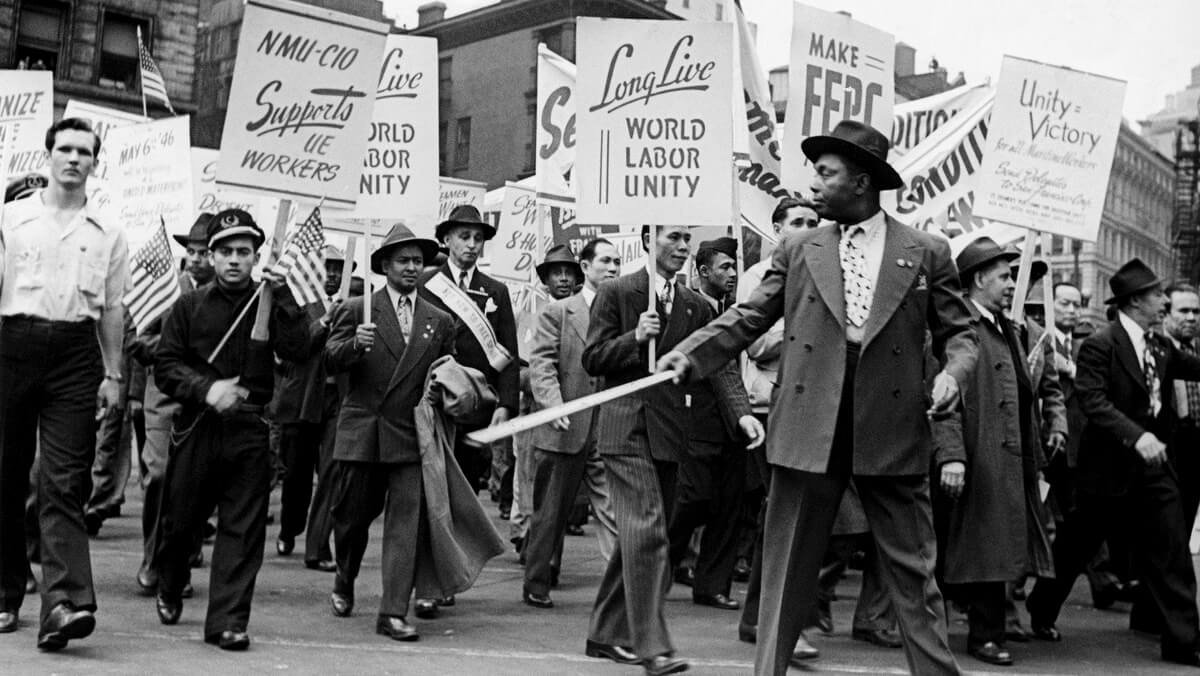
Employee Misclassification & Independent Contractors
Key Takeaways:
Your employer does not dictate whether you are salaried.
Only certain exempt categories of employees may be paid a salary, and in California it is dependent on what you do, not your title.
An employer also cannot just declare someone an independent contractor. and thus avoid numerous worker protections such as benefits payments, overtime, meal breaks, and others.
Misclassification is when your employer incorrectly classifies you as exempt from wage and hour laws, such as by calling you an “independent contractor” or a “salaried exempt” employee. This can be a costly mistake for you, and an unjustified boon to your employer.
The “default” rule is that every employee is entitled to things like overtime, minimum wage, meal breaks, and other basic wage and hour protections. “Exempt” employees and independent contractors are literally exempt from these requirements. In California as well as under Federal law it is the employer’s burden to prove you are exempt or an independent contractor. It is one of the most common wage and hour mistakes.
So, how do you figure out if your employer has misclassified you as exempt from overtime? It boils down to an analysis of your job duties, how you spend your time, and how you are paid. First, let’s dispel some common misconceptions:
You are not exempt just because you are paid a salary;
You are not exempt just because you manage other employees;
You are not exempt just because you directly assist a C-level executive;
You are not exempt just because you perform some classically professional function, like accounting or providing tax advice (and Bookkeepers are generally not exempt);
You are not exempt just because of your job title;
You are not exempt just because your employer classifies you as exempt (such as by calling you an “independent contractor” or “1099 employee”.) Do you run your own business and work when you want, how you want, and can choose your own clients? If not, then you’re probably not an independent contractor!
In 2004, when the US Department of Labor made major changes to Federal Wage and Hour laws, it was estimated at the time that out of 134 million workers in the United States, 19.5 million were classified as independent contractors, 45.8 million were “salaried,” and the remaining 69 million were paid hourly. That means almost half of American workers were classified as exempt from many important worker protections under both federal and state law.
Exempting a huge swath of Americans from eligibility for overtime wages, meal and rest breaks, and minimum wages was never the intent of Congress when they originally passed the FLSA after the Great Depression. The intent of Congress in enacting the FLSA was to increase employment by encouraging companies to hire more workers, rather than demand long hours from current employees, and to protect “blue-collar” low wage workers that were working oppressive (and often dangerous) working hours. If you were in a high level position and were well compensated, you were more likely to be in demand, have more job security, and have better bargaining power in your working conditions. If you were a low wage worker however, you were likely replaceable, had little to no bargaining power, and thus had little to no chance to make your employer voluntarily pay you more for working long hours.
In 1937 (and in the decades that followed when the first Federal Regulations were drafted explaining FLSA exemptions) the American economy was very different than it is now. Industrial and factory jobs were far more prevalent, and in these jobs the delineation between the blue collar production worker and the white collar bosses and supervisors and administrators was easier to spot. Similarly, “office” jobs were limited to more classically “professional” jobs like accountants, lawyers, or financiers.
Today, the world is vastly different. Service jobs have replaced factory jobs. More people are in the office than the factory floor. Nonetheless, the old exemption categories remain, albeit with layers and layers of added complexity, and employees and employers alike are left confused as to their application.
There are numerous categories of exempt employees in California, but most exemption classes fall under one of the following categories:
Exempt Professional (e.g. Doctors, lawyers, accountants);
Click on one of the above categories to learn more. There are other specific exemption classes, such as sheepherders, babysitters, movie projectionists, and taxi-cab drivers. The California Wage Orders are replete with niche exemption categories, all of which have very stringent requirements. Call or email us to schedule a consultation if you suspect your employer is cheating you out of your fair wages by misclassifying you as exempt.
